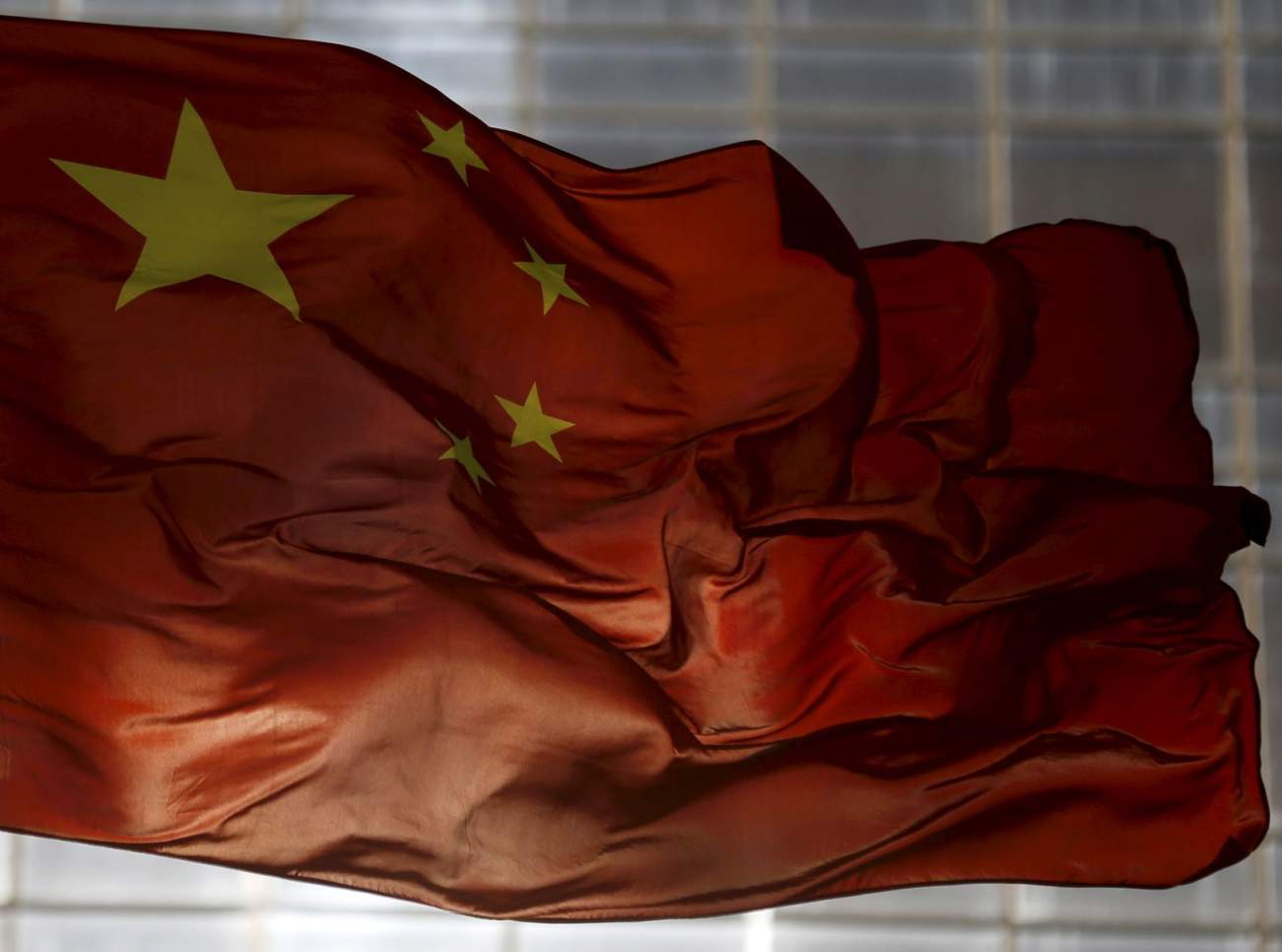by Matt Marietta
 The concept of soft power in international relations was put forward by theorist Joseph Nye in the heady days following the fall of the Berlin Wall. The concept was set against hard power—military might—and represented the ability of nations to guide international affairs through something less than force. In a recent article in Foreign Policy , Eric X. Li asserted that the concept of soft power has gone through decline, but that the emerging Chinese model may be poised to step into the vacuum created by the apparent faltering of the Western democratic-neoliberal paradigm.
The concept of soft power in international relations was put forward by theorist Joseph Nye in the heady days following the fall of the Berlin Wall. The concept was set against hard power—military might—and represented the ability of nations to guide international affairs through something less than force. In a recent article in Foreign Policy , Eric X. Li asserted that the concept of soft power has gone through decline, but that the emerging Chinese model may be poised to step into the vacuum created by the apparent faltering of the Western democratic-neoliberal paradigm.
At the core of soft power is the idea that in the decades following the end of the Cold War, the end of history (or at least large-scale international strife) was precipitant and that democracy could be spread through means other than military conquest: that the world was on the road to deploying democratic institutions that would finally realize a cooperative international system. This included open markets, international aid, and the expansion (and sometimes imposition) of democratic systems on the anarchic post–Soviet milieu. However, with the failure of ebullient American-style democracy to take fast root in several high-profile cases—Iraq, Afghanistan, and Libya come immediately to mind, to say nothing of the questionably democratic nature of the current Russian political system—and the spread of nativist politics across the West has caused many to question the validity of the perspective espoused by Nye and mobilized across the world.
Now, with the West turning in on itself, China appears to have developed a quite successful—albeit nondemocratic—internal political structure that has allowed it to succeed in creating an ever-expanding international-economic footprint. Li asserts that soft power is not necessarily a thing of the past. Instead, China may be poised to step into the void left by the apparently mounting self-immolation of the Western project.
There is a flaw at the core of the author’s analysis of why neoliberal soft power was able to make any lasting headway over the past two decades. The past problem is not inherent in Western-style democracy, any more than future success is to be found in the political stylings of emergent China.
Li is not wrong about the challenge to soft power that many of the post–Cold War democratization efforts met . . . the results of twenty years of exporting liberalism remain highly questionable. Externally imposed democratization is more likely tied to the looming threat of hard power and massive aid regimes borne by those evangelists of democracy. One has to question that, absent that hard power or if the financial spigot was to turn off, if the soft-power system would have had the same impact in spreading democracy.
Contrary to Li’s perspective, it is not the fact of the West’s use of soft power over the decades following the end of the Cold War that has been the problem. Western-style liberal democracy has been and still proves to be an incredibly successful system of governance. China’s touted ascendency aside, the problem isn’t some fundamental flaw in the Western enterprise that China has now corrected with its freshly non-liberal approach to government. The problem was a misunderstanding of the organic nature of the intra-national social contact on the part of neoliberal internationalists. Soft-external power will likely never be sufficient to change a government, regardless the ideology. This is especially true in the short term. The liberal soft-power concept only had three decades to work on civilizations that have been around for hundreds (if not thousands) of years.
Any use of soft power that doesn’t take significant account of how and why a nation’s government has developed the way it has is doomed to fail. Supplanting Western soft power for China’s simply dresses up the same pig in different color lipstick.
The application of soft power in the 1990s through around 2015 seems to have been predicated on the concept that the arc of history bends toward justice or freedom, or something similar. While this assertion is an odd amalgamation of Marxist-Hegelian historical dialectic and classical liberal national systems, the interaction of these two seem to produce a certain expectation of the ready openness of any society to rule-of-law, individual rights-based democratic political systems. To put it plainly, Western liberals seemed to buy into the notion that “freedom” and “democracy” were the default settings of humankind. From that perspective, all the West needed to do was remove the externally imposed barriers to that freedom and then a democracy would take root and grow naturally.
The tendency to focus on liberating nations—whether through military action in Iraq in the hard sense, or though development aid and UN development programs in sub-Saharan Africa in the soft sense—exemplifies perfectly the short sighted nature of the Western attention span. While liberating may be laudable, it can only be the first step. Americans quickly got bored with nation-building in Iraq and Afghanistan. It’s as if all those pictures of blue-purple stained fingers following the first democratic vote should have been the end of major operations and all that was left was to help a friendly liberal democratic nation emerge onto the world stage. The subsequent years of internecine wrangling hit the West at the center of its apple pie naiveté (and helped to usher in the more protectionist approach to international relations that we are seeing now).
No comments:
Post a Comment